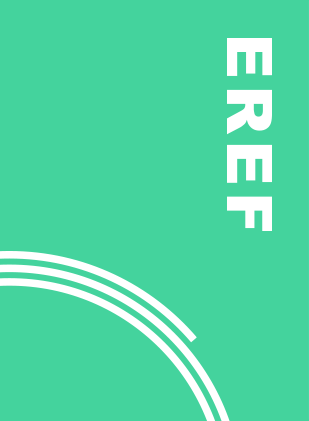
Description
The purpose of this research was to determine whether the anaerobic digestion of wastes can be mproved by promoting direct interspecies electron transfer (DIET) between the bacteria responsible for degrading components of the solid waste and methane-producing microorganisms (methanogens). Previous studies had demonstrated DIET in anaerobic digesters degrading ethanol in brewery wastes and had found that electrically conductive carbon materials such as carbon cloth, biochar, and granular activated carbon could accelerate rates of DIET. Our EREF- supported studies demonstrated that a broad range of organic wastes can be metabolized by bacteria and methanogens cooperating via DIET. These include short-chain fatty acids such as acetate, propionate, and butyrate; as well as other alcohols, and possibly fermentable sugars and amino acids. Stimulating DIET with conductive materials, such as carbon cloth, accelerated the conversion of wastes to methane and permitted higher rates of organic loading. The impact of conductive materials was particularly noticeable in studies with solid waste, in which methane was only produced in the presence of conductive materials. Surprisingly, in food waste digesters carbon cloth even appeared to promote DIET between fermentative bacteria and methanogens, decreasing the production of reduced short-chain fatty acids that can lead to digester souring.
These results suggest that incorporation of carbon cloth or some other permanent conductive material in digesters may facilitate faster conversion of organic waste to methane and reduce the potential for digester souring. Future studies should focus on optimizing the deployment of conductive mat rials within digesters and consider complimentary strategies that may further enhance DIET.
$0.00